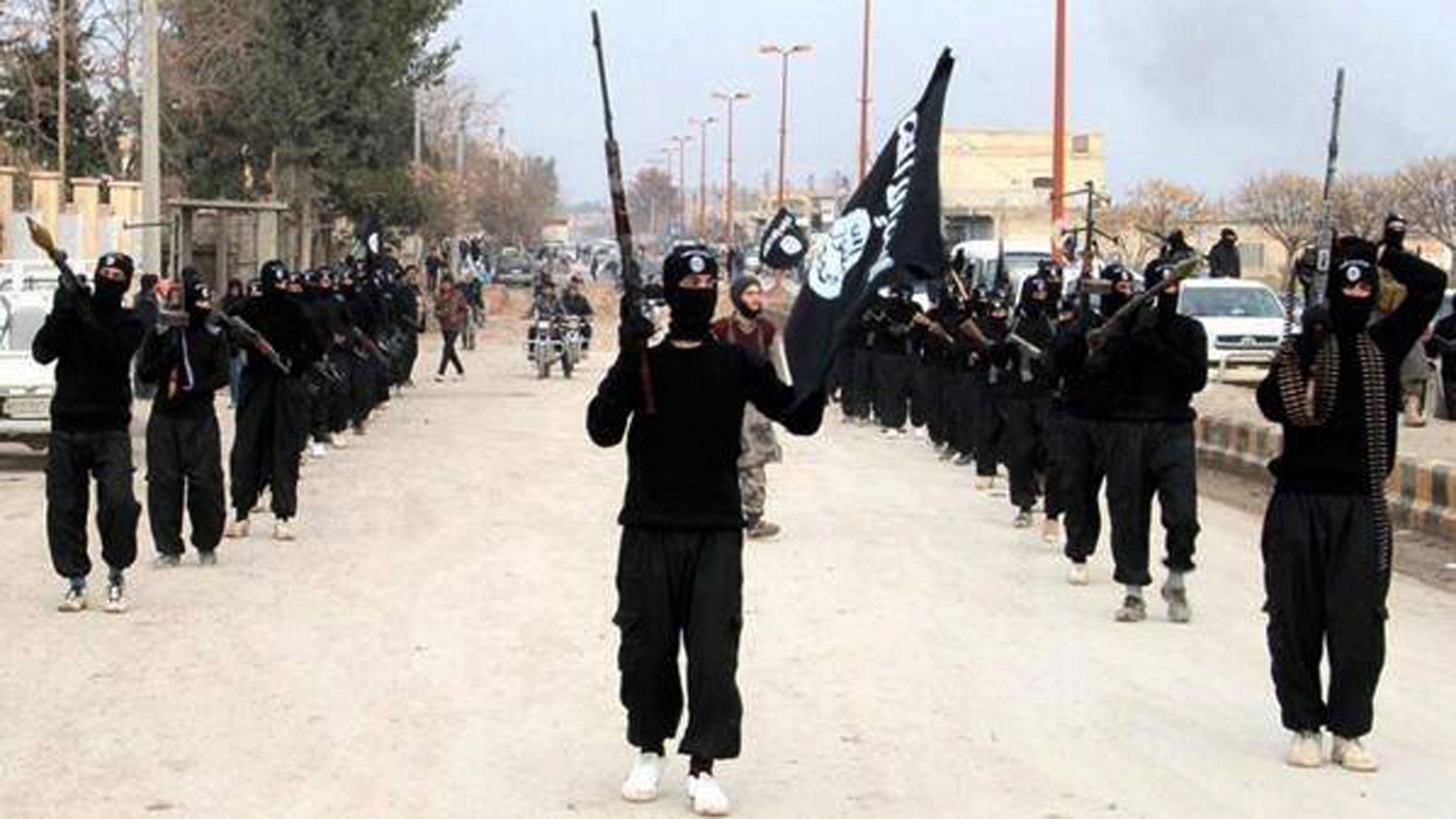The Jihadis Return: Isis and the New Sunni Uprising by Patrick Cockburn, book review
An astute assessment of 'Wahhabisation' of Sunni Islam

Your support helps us to tell the story
This election is still a dead heat, according to most polls. In a fight with such wafer-thin margins, we need reporters on the ground talking to the people Trump and Harris are courting. Your support allows us to keep sending journalists to the story.
The Independent is trusted by 27 million Americans from across the entire political spectrum every month. Unlike many other quality news outlets, we choose not to lock you out of our reporting and analysis with paywalls. But quality journalism must still be paid for.
Help us keep bring these critical stories to light. Your support makes all the difference.
While the mainstream media trumpet moral outrage and airstrikes, Patrick Cockburn deftly unveils the elephants in the room. At the heart of Western failure since 9/11 is Washington's craven unwillingness to confront the political and financial might of Saudi Arabia.
Not a subject Washington wants to talk about: 28 pages of the 9/11 Commission Report dealing with Saudi Arabia were cut and never published. It was only thanks to WikiLeaks that a Hillary Clinton cable complaining "that donors in Saudi Arabia constituted the most significant source of funding to Sunni terrorist groups" came to light. But Cockburn points to another twist: "Jihadist social media is now openly attacking the Saudi royal family." Is it too late for the Saudi rulers to rein in a jihad of their own making?
US-led intervention in the region remains a complete debacle. While Western support for the Syrian opposition totally failed to overthrow Assad, it did succeed in destabilising Iraq. The moderate opposition groups favoured by the US proved no match for Isis, who quickly relieved them of their Western-supplied arms by threats of force or cash payments. The arms intended for anti-Assad forces in Syria are now being wielded by Isis in Iraq.
"Half of jihad is media." Part of the Isis phenomenon is media savvy. Their online postings may be full of violence and sectarianism, but are striking for "the professionalism with which they are produced". Cockburn does not shy away from worst case scenarios. His claim that "The 'Wahhabisation' of mainstream Sunni Islam is one of the most dangerous developments of our era" may sound alarmist to some.
But as Sunni Muslims account for one in five of the world's population, it would affect us all. He describes Wahhabism as a "fundamentalist 18th century version of Islam that imposes sharia law, relegates women to second-class citizens… which in its readiness to use violence has many similarities with European fascism in the 1930s". At present, estimates of Isis' membership vary between 10,000 and 17,000. Are they a vanguard who will grow into millions? Or a temporary phenomenon that will implode?
Why, Cockburn asks, has "a progressive revolutionary alternative to police states and jihadi movements like Isis… failed so comprehensively?" The answer is social and economic inequalities – especially among the young under-employed who feel they have little "chance of improving their lives". Sound familiar?
'The Jihadis Return: Isis and the New Sunni Uprising' by Patrick Cockburn (OR Books, £9) is available at orbooks.com
Join our commenting forum
Join thought-provoking conversations, follow other Independent readers and see their replies
Comments